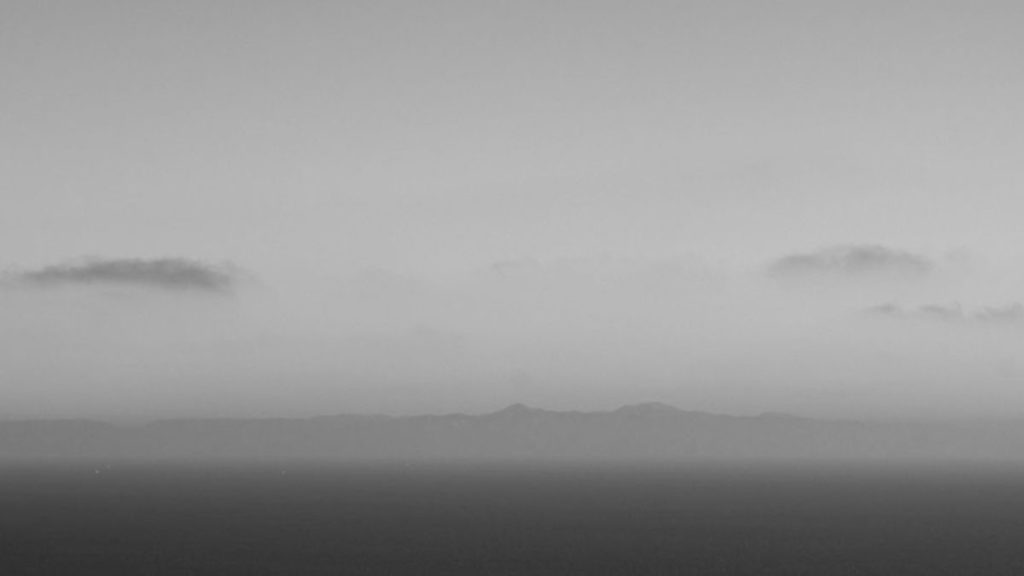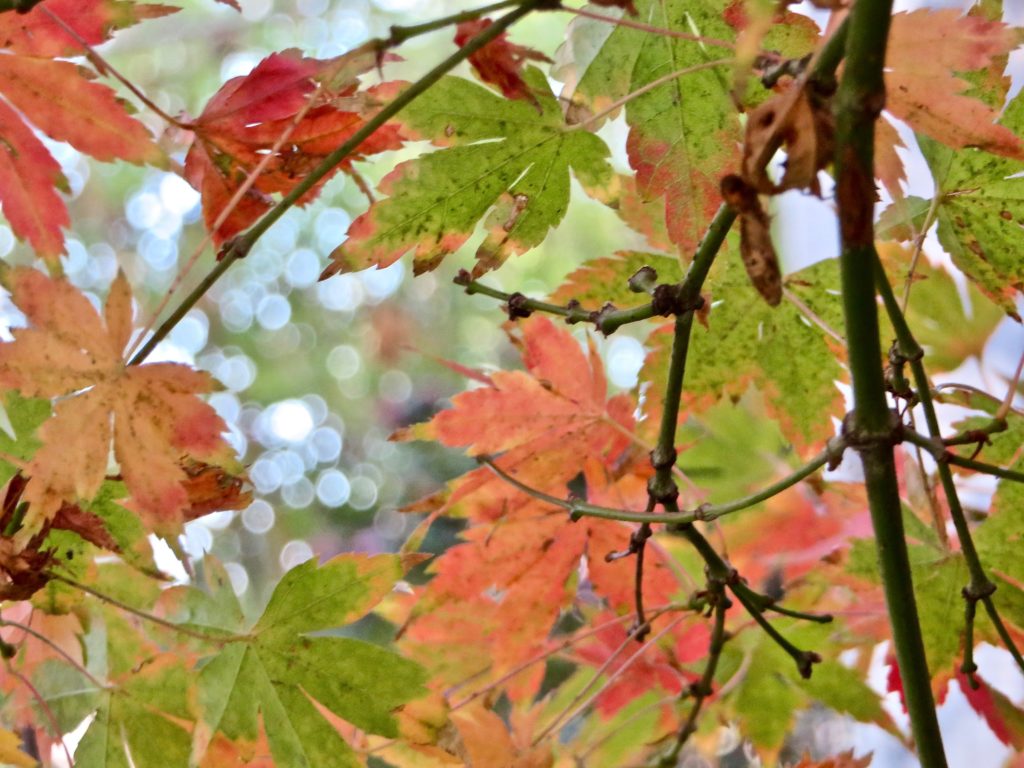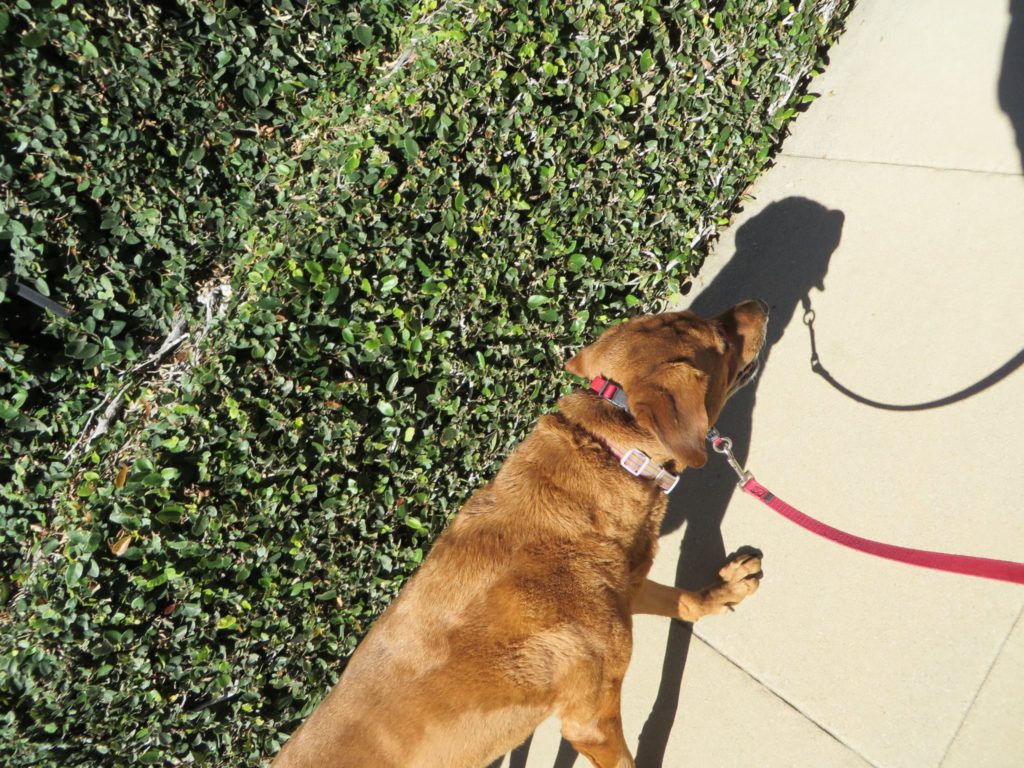Two years ago we took a summer vacation to Hawaii. Nowadays weather is unpredictable all over, and here it was unseasonably wet. Roads flooded and bridges washed out. One day the clouds lifted. Housebound and bored, we signed up for a kayaking tour that would have us paddling up a river and hiking to a waterfall.
The guide told us that because of the rain, this was the first day in a week that any boats had gone out. When we launched, the river was wide and placid. About two miles in, we pulled out to start the hike. They gave us sandwiches and cold drinks for a picnic in the shade. Then they told us that to start on the trail, we had to cross a ford over slippery rocks in high water with a churning current by holding onto a rope. We’d have to do the same on the way out. There was no way around it.
For some of us, this is where the fun stopped.
I spent last weekend sitting with a group of people in Cincinnati. Anyone who has ever been on a meditation retreat knows that the principal reason you come to sit, whether you realize it or not, is because life is difficult. Sure, meditation helps you focus and calm down. But no one with a half-opened eye comes to Zen just to chill out, be a better person, or get more out of life. This was never clearer to me than when folks began to tell me their troubles. Inside this silent room, amid a rainbow of stained glass, illuminated with the dappled daylight of the glistening garden beyond, disease was spreading, surgeries were pending, marriages were ending, parents and partners had perished, children were stumbling, money was scarce, worry was rampant, and fear flooded our hearts. The sky was falling and the earth was burning. Up ahead, the current was swirling.
Knowing what we know—the swiftness of change—and what we don’t—the miles of uncertainty ahead—how do we live?
There’s a rope over the river and we cross it together.
The rope is love. Take it.
Beginner’s Mind One-Day Retreat
Sunday, July 15, 9 a.m.-3 p.m.
Hazy Moon Zen Center
Los Angeles
Register by email
Beautiful Valley: A Zen Retreat in Upstate New York
Oct. 11-14
Chapin Mill Retreat Center, Batavia NY
Register here






 For everyone.
For everyone.







